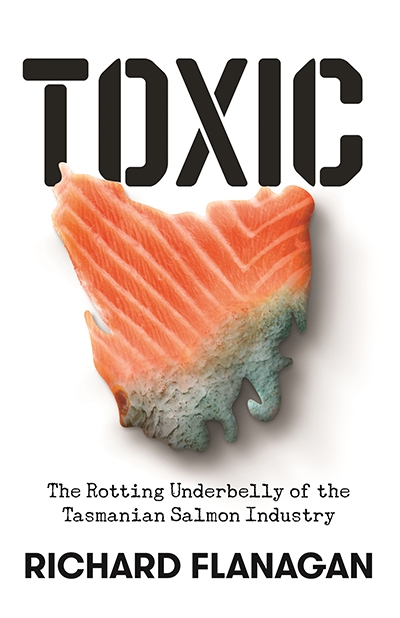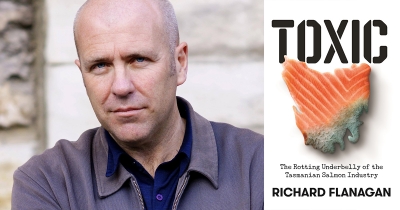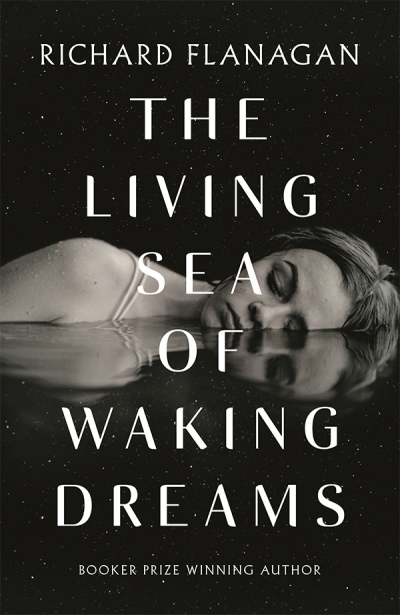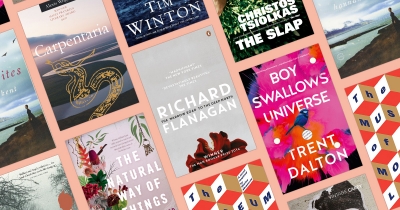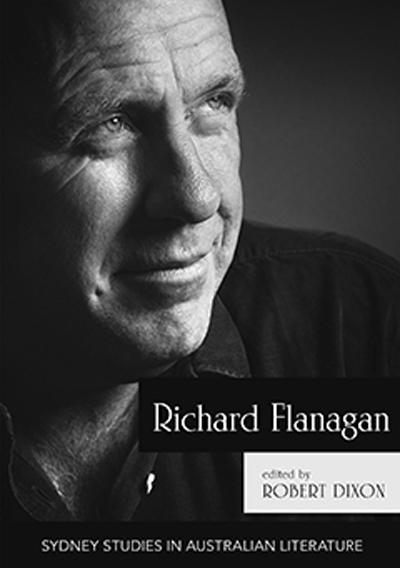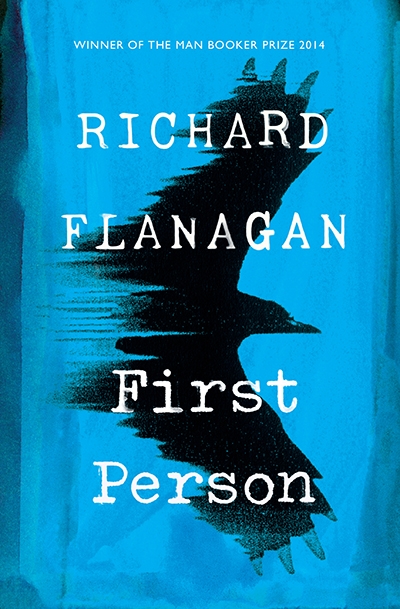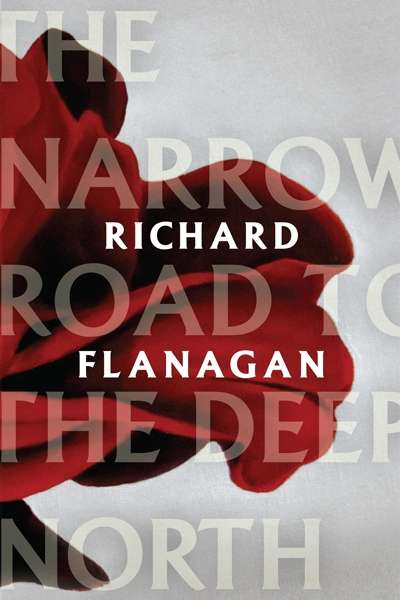Richard Flanagan
Toxic: The rotting underbelly of the Tasmanian salmon industry by Richard Flanagan
Richard Flanagan's new work, Toxic, is a startling exposé on Tasmania's salmon farming industry. From genetically altered 'frankenfish' to the use of dangerous chemicals to turn 'dead-grey flesh a marketable red', the industrial machinations uncovered in Flanagan's new work are stomach-churning. As James Boyce writes in his review, 'After the publication of Toxic, I doubt Tasmania will ever be the same again.'
... (read more)Ten years after the first ABR FAN Poll, the second one was limited to Australian novels published since 2000 (though we received votes for recent classics such as 1984, Voss, and Monkey Grip). When voting closed in mid-September, Richard Flanagan’s Booker Prize-winning novel The Narrow Road to the Deep North emerged ...
... (read more)With this double issue, Australian Book Review enters its fortieth year. ABR was of course founded in Adelaide in 1961 as a monthly magazine. Max Harris and Rosemary Wighton edited the first series, whose final, quarterly appearances lapsed in 1974. The second series was created in 1978 under the auspices of ...
... (read more) 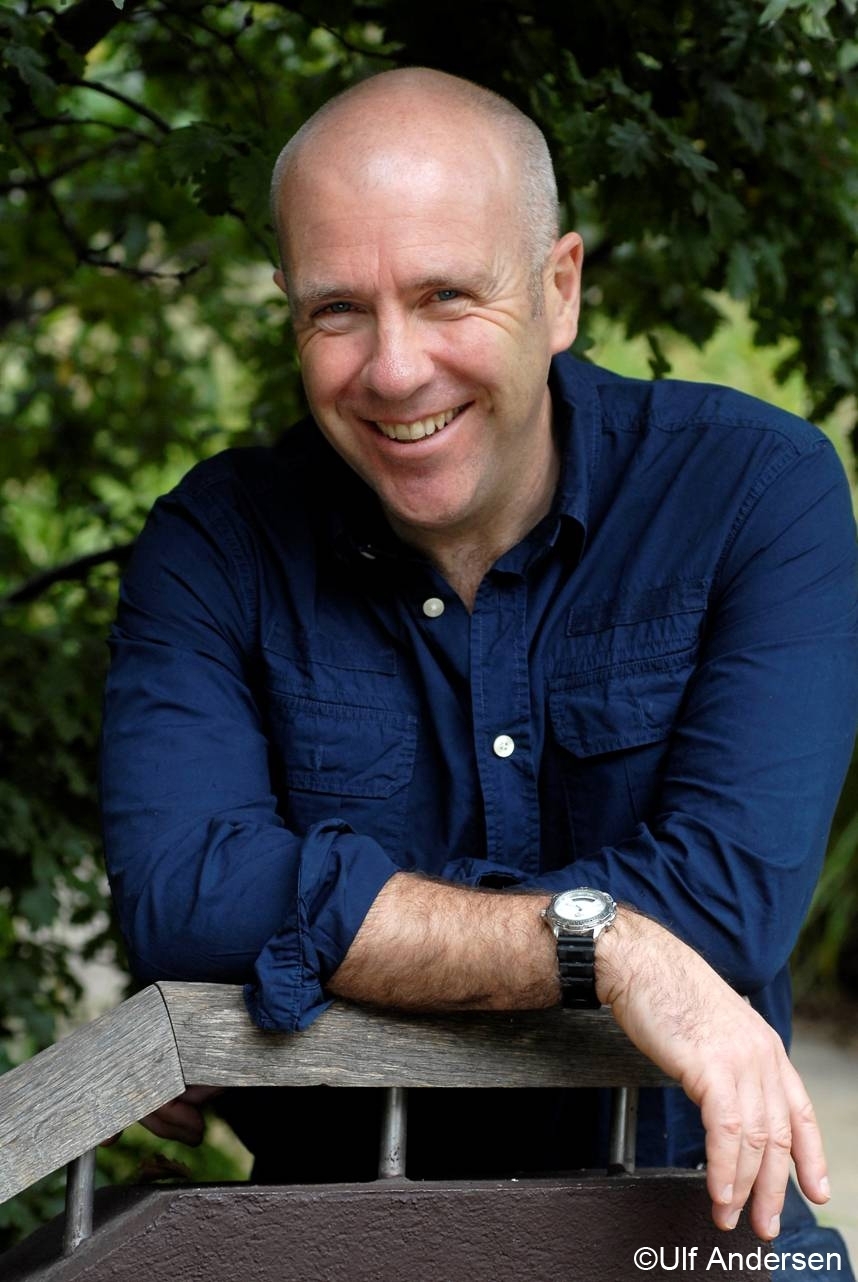 Richard Flanagan (photograph by Ulf Andersen)
Richard Flanagan (photograph by Ulf Andersen)
Richard Flanagan is an award-winn ...
When Richard Flanagan won the 2014 Man Booker Prize for his sixth novel, The Narrow Road to the Deep North, it was not the first time that he had won an international fiction prize; his third novel,

